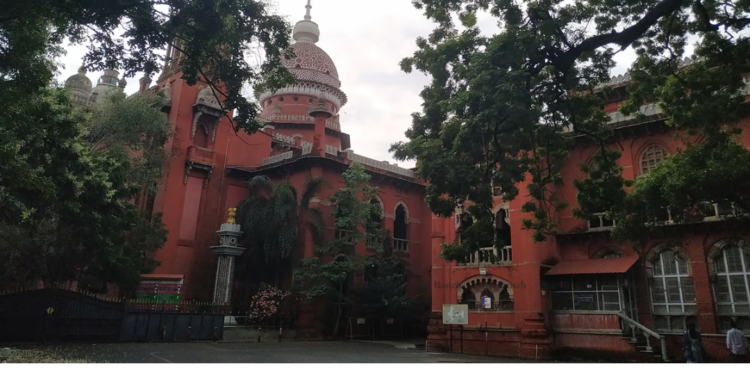Courts must ensure that innocent men are not victimized in cases involving accusations of rape on the promise of marriage, the Madras High Court has emphasized.
When dealing with such cases, courts have a dual duty: to protect women and to ensure that innocent men are not victimized by “vicious women,” the Court noted.
In an order passed on June 21, Justice M Dhandapani overturned the conviction of one Rahul Gandhi (not to be confused with Congress leader Rahul Gandhi), who was charged under Sections 375 (rape), 376 (punishment for rape), 90 (consent given under fear or misconception), and 417 (cheating) of the Indian Penal Code (IPC).
The Court found that the victim’s testimony, claiming Gandhi had sexually assaulted her on a false promise of marriage, did not hold up in this case.
While acknowledging the rise in sexual assault cases against women in India, the Court stressed the importance of carefully analyzing evidence.
“It cannot be overlooked that under false pretenses, women are sometimes wrongfully used, including for satisfying carnal desires, either with their consent or against their will, through sugar-coated words or brute force. However, it is not always the case that men misuse women. In legal disputes, malicious individuals from the female population may also misuse the law to their advantage. Therefore, in such cases, the court’s duty is two-fold: to prevent the misuse of women and to ensure that the law is not misused against men,” the Court stated.
The case against Gandhi involved allegations that he forced a woman he loved to have sexual intercourse with him by promising marriage. However, the High Court noted that Gandhi was already married at the time of the alleged incident, and the victim was aware of this.
Thus, the misconception of marriage was not a factor, as the victim knew about his existing marriage. The Court also pointed out that there was no evidence showing Gandhi knew the victim was engaging in the sexual act under the misconception that he would marry her.
Given that the victim was a consenting party to the sexual act, the act did not meet the criteria for Section 375 of the IPC, the Court concluded, allowing Gandhi’s appeal.
Advocate R Karthik represented the appellant, while Additional Public Prosecutor GV Kasthuri represented the respondent State.

















